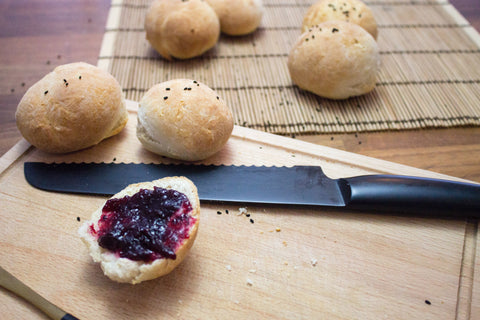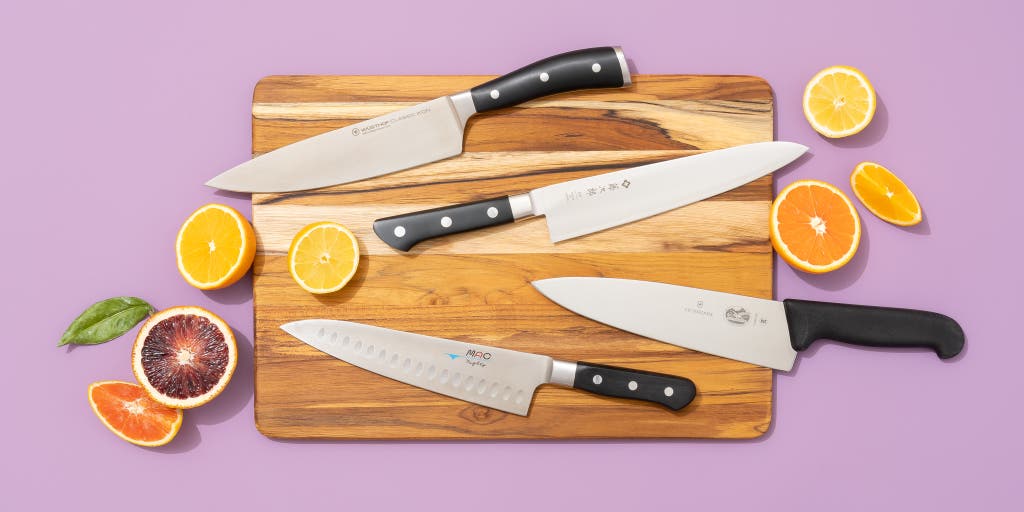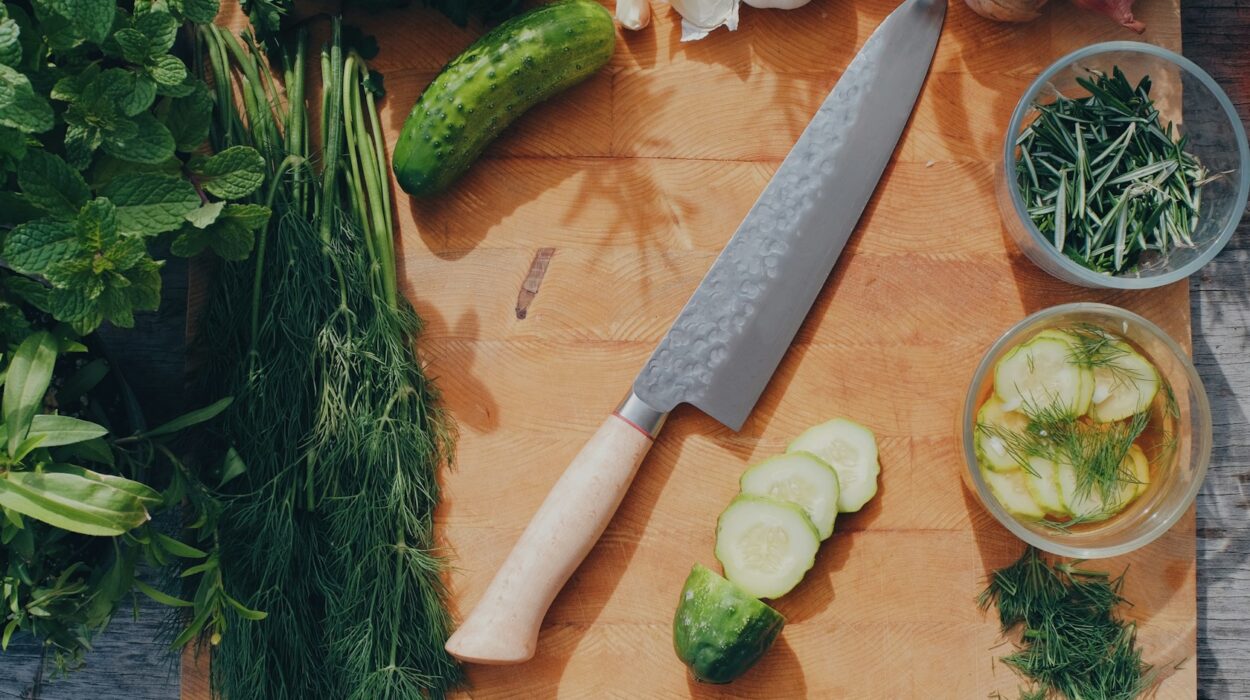When it comes to choosing the best steel for a chef knife, the decision can seem overwhelming. With so many types of steel available, how do you know which one to choose? In this comprehensive guide, we break down the different types of steel and help you discover the perfect choice for your kitchen needs.

Understanding Different Types of Knife Steel
Chef knives can be crafted from various types of steel, each with their unique properties. Here are some popular choices:
- Carbon Steel
- Stainless Steel
- VG-10 Steel
- Damascus Steel
Carbon Steel
Carbon steel knives are known for their sharpness and ability to hold an edge. They are often favored by professional chefs. However, they require regular maintenance to prevent rust.
Stainless Steel
Stainless steel is a popular choice for many home cooks due to its resistance to rust and corrosion. It might not hold an edge as well as carbon steel, but it requires less maintenance.
VG-10 Steel
VG-10 steel is a type of stainless steel that offers a good balance of hardness and resistance to corrosion. It is often used in high-end Japanese knives.
Damascus Steel
Damascus steel knives are known for their distinctive, beautiful patterns. These knives are typically made by layering different types of steel and forging them together. They offer a good balance of sharpness and strength.

Factors to Consider When Choosing a Knife Steel
When selecting the best steel for a chef knife, consider the following factors:
- Sharpness: How sharp can the knife get and how well does it hold that edge?
- Durability: How long will the knife last before it needs to be sharpened or replaced?
- Maintenance: How much care does the knife require to remain in good condition?

Sharpness
The sharpness of a knife is crucial for precise and efficient cutting. Different steels hold an edge differently:
- **Carbon Steel**: Extremely sharp and maintains the edge for a long time.
- **Stainless Steel**: Generally not as sharp as carbon steel but still effective for most tasks.
- **VG-10 Steel**: Known for its sharpness and edge retention.
- **Damascus Steel**: Offers a sharp edge due to the unique layering process.

Durability
Durability is essential for a chef knife that will be used frequently:
- **Carbon Steel**: Can be more prone to rust if not properly maintained.
- **Stainless Steel**: Highly resistant to rust and corrosion, making it very durable.
- **VG-10 Steel**: Highly durable with good resistance to wear and corrosion.
- **Damascus Steel**: Durable due to the combination of different steels, but care is needed to maintain its unique appearance.
Maintenance
Proper maintenance can ensure the longevity of your chef knife:
- **Carbon Steel**: Requires regular oiling to prevent rust and tarnish.
- **Stainless Steel**: Low maintenance, easy to clean, and resistant to discoloration.
- **VG-10 Steel**: Requires regular sharpening but generally easy to maintain.
- **Damascus Steel**: Needs regular cleaning and oiling to prevent rust and maintain its pattern.
Conclusion
Choosing the best steel for a chef knife depends on your specific needs and preferences. Whether you prioritize sharpness, durability, or low maintenance, there is a type of steel that will work for you.
For more information on maintaining and using chef knives, check out our guides on knife maintenance, knife safety, and chef knife usage.
FAQs
1. What is the best type of steel for a beginner chef?
For beginners, stainless steel is often recommended due to its low maintenance and resistance to rust and corrosion.
2. How often should I sharpen my chef knife?
The frequency of sharpening depends on usage, but typically, a chef knife should be sharpened every few months to maintain its edge.
3. Can I use a dishwasher to clean my chef knife?
It is generally not recommended to use a dishwasher for cleaning your chef knife as the high heat and detergent can damage the blade. Hand washing is preferred.
For a detailed guide on cleaning your knife, visit wikihow.com.
As an Amazon Associate, I earn from qualifying purchases.


